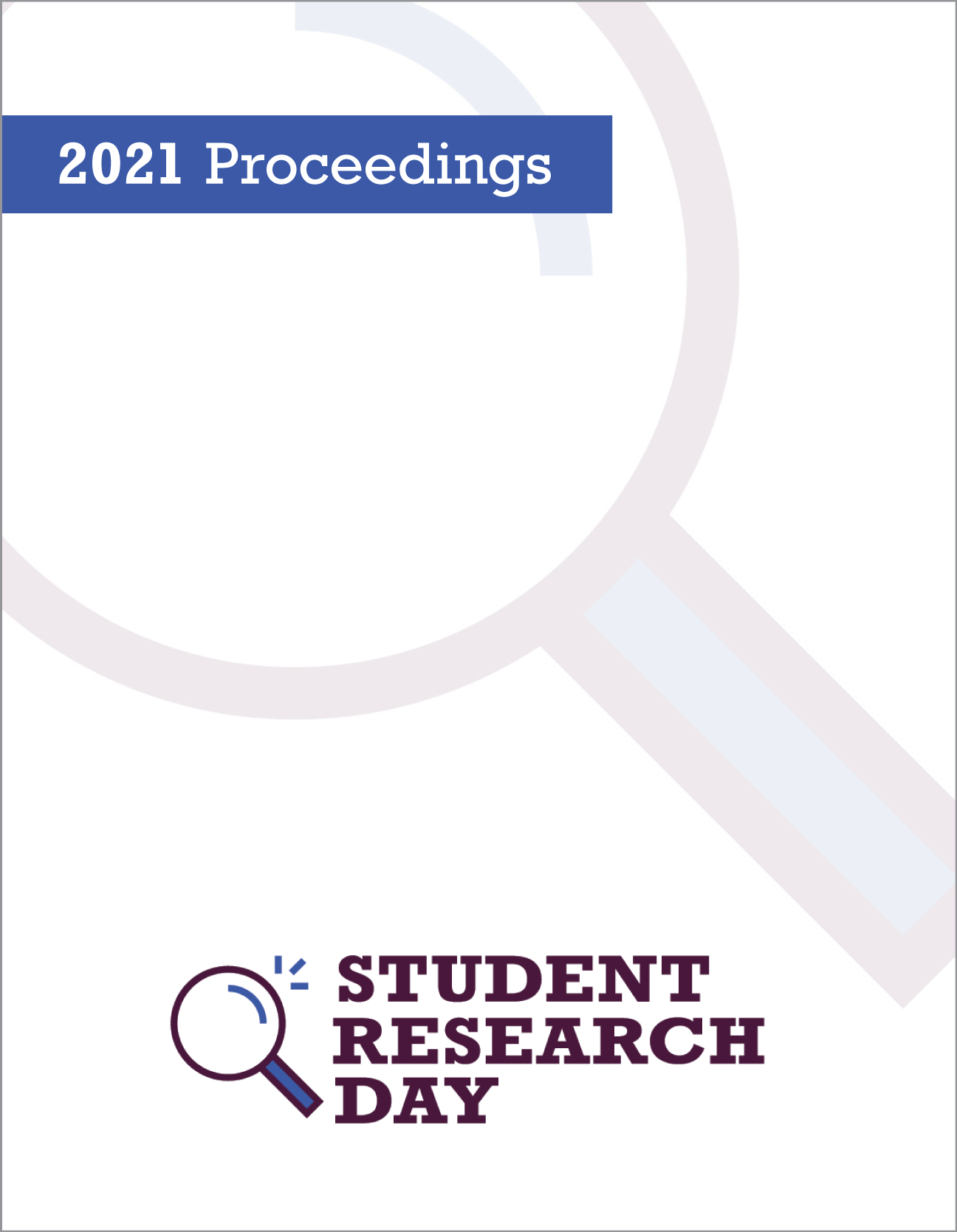Can't Stress This Enough: Can Biofeedback Increase the use of Stress Interventions?
Abstract
Undergraduate students experience many stressors throughout their education. An abundance of stress coping methods exist to help students cope; however, many of them require a significant time investment (e.g., exercise, meditation). Lack of time to accomplish all the demands of school and daily life is one of the highest reported stressors of university students. Some quick stress-coping methods (e.g., deep breathing, cognitive reappraisal) are effective for coping with in-the-moment stressful situations, but students rarely use these coping methods. It is unclear whether this lack of use is due to lack of knowledge, lack of belief that the strategy is useful, or other factors. Our study examined the first two ideas. We also compared the effectiveness of a physiological technique (deep breathing) to a cognitive technique (cognitive reappraisal).
Participants were divided into five groups: 1) control 2) deep breathing, 3) cognitive reappraisal, 4) deep breathing with biofeedback, and 5) cognitive reappraisal with biofeedback. Participants were either exposed to only informational videos about the stress-coping technique and were encouraged to use it during a stressful experimental task or were exposed to the videos plus biofeedback (heart rate measurements) before and after using the technique during the stressful task. Follow-up surveys were administered to determine how often students used each technique throughout the semester.
We hypothesize that participants in the biofeedback groups will use the coping technique more often throughout the semester and that deep breathing will be more effective than cognitive reappraisal.
Department: Psychology
Faculty Mentor: Dr. Michele Moscicki
References
Downloads
Published
Issue
Section
License
Authors retain any and all existing copyright to works contributed to these proceedings.



